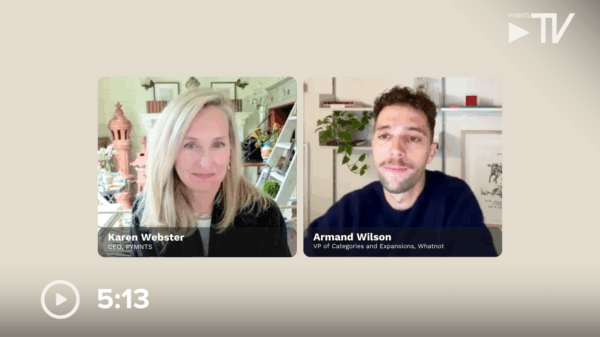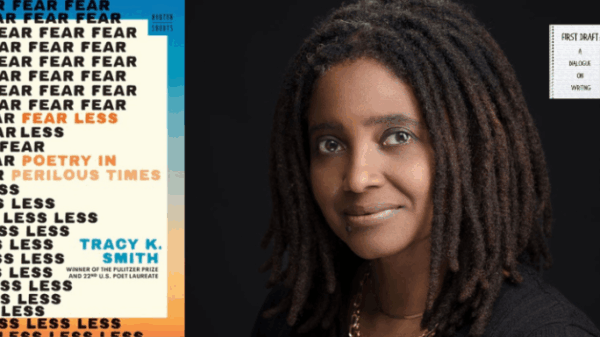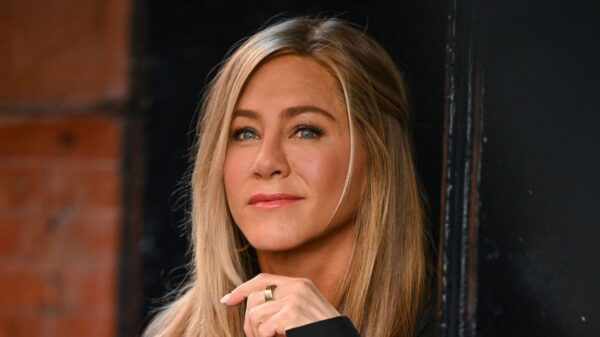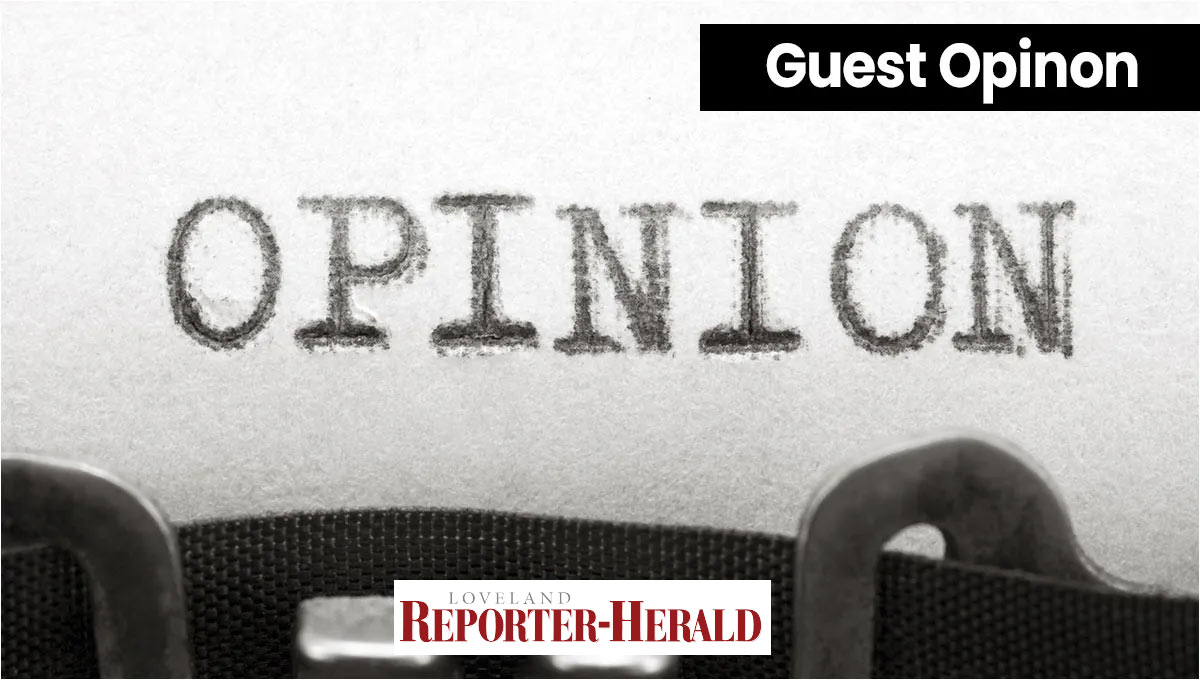Discrimination is often viewed negatively, but its implications can be more nuanced than commonly perceived. In a recent commentary, Jim Murphy, the former lead pastor of Faith Church Loveland, discussed the dual meanings of discrimination, highlighting both its harmful and potentially beneficial aspects.
Murphy points out that discrimination is frequently associated with partiality or prejudice, where individuals are judged based on categories that society deems undesirable. Historical struggles against racial prejudice, gender inequality, and age discrimination illustrate the ongoing battle for equality. Despite legal protections, many individuals still face biases in various forms, such as the challenges experienced by older workers who may find it difficult to secure employment.
Yet, Murphy argues that not all forms of discrimination are detrimental. He refers to a different definition—discrimination as the ability to discern quality and make fine distinctions in various contexts. This type of discrimination, he suggests, is essential in fields like art, education, and management, where the ability to evaluate performance and quality is not only respected but necessary.
In education, for instance, teachers must differentiate between student performances when assigning grades. Coaches evaluate athletes to determine who best fits their team dynamics. Murphy suggests that this kind of discerning judgment is valued and contributes positively to societal functions.
He also cites biblical teachings to support his argument, referencing Philippians 1:9-10, which encourages discernment to understand what is best. This calls for an appreciation of moral distinctions, a skill that seems to be diminishing in contemporary society, according to Murphy.
The author raises concerns that many people today operate under a relative moral framework, where concepts of right and wrong are subjective. Phrases like “my truth” exemplify a shift away from universal moral standards. Murphy asserts that without a consistent moral compass, society risks becoming morally indifferent, unable to recognize or address wrongdoing.
He references Daniel Taylor, who questioned the line between genuine tolerance and moral indifference. Murphy argues that current interpretations of tolerance have evolved to suggest that all beliefs must be accepted without critique, leading to a dilution of moral standards.
The discourse on discrimination is vital for understanding the balance between recognizing individual differences and maintaining ethical standards in society. Murphy calls on his fellow community members in Colorado to engage in thoughtful discernment, echoing the sentiment found in Job 34:4: “Let us discern for ourselves what is right; let us learn together what is good.”
As the debate around discrimination continues, it remains crucial to differentiate between unjust biases and the necessary judgments that help society thrive.








































































